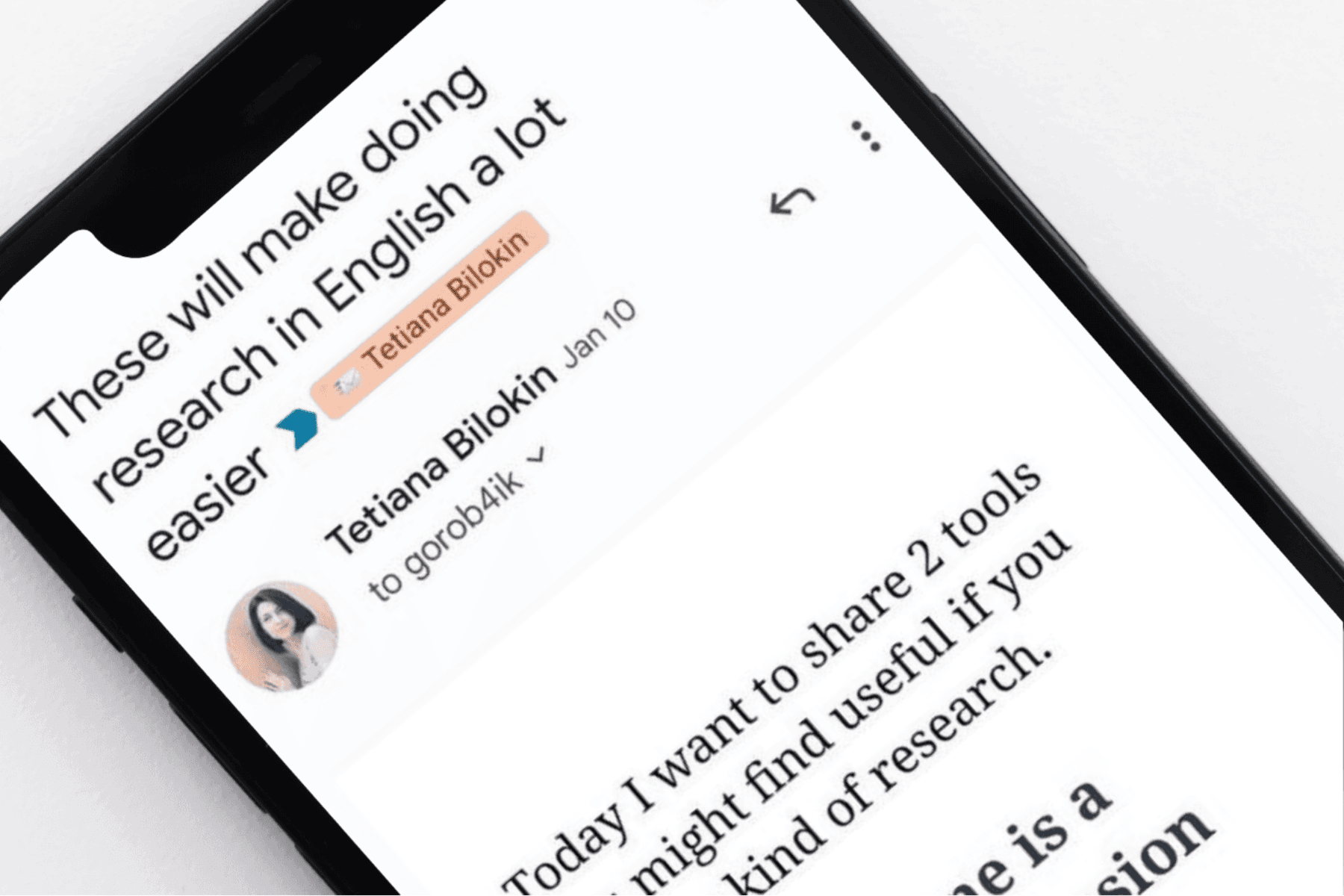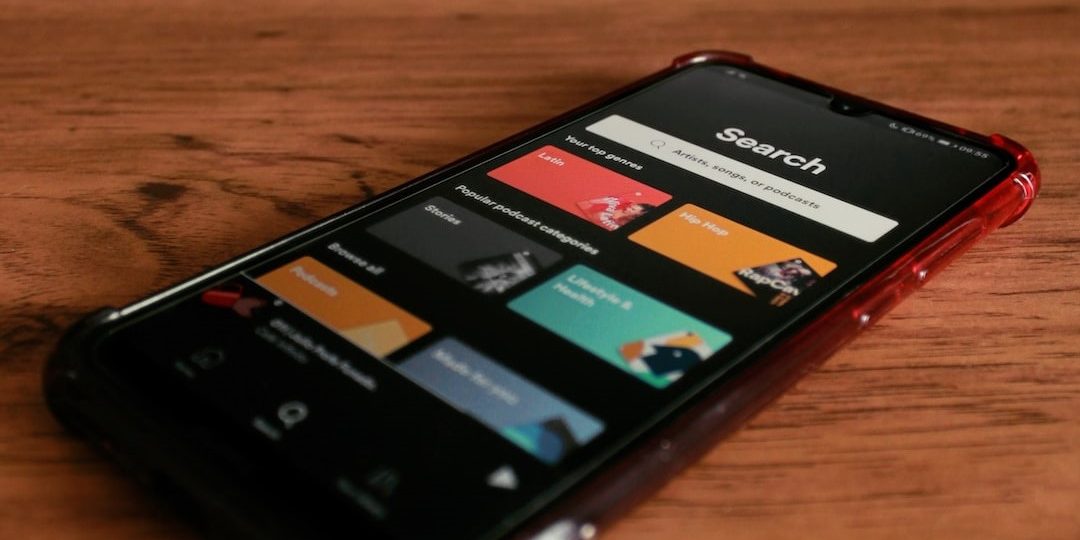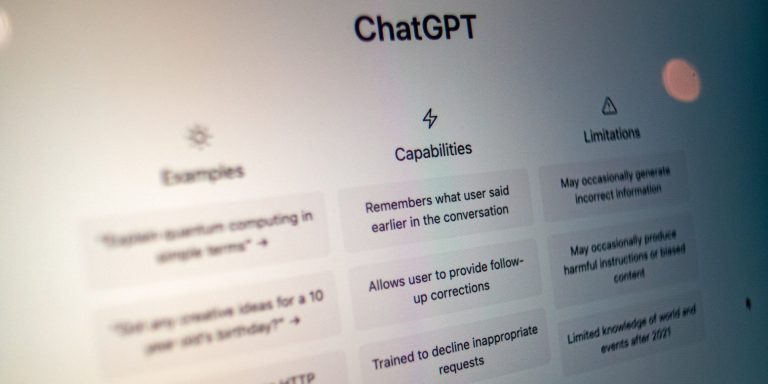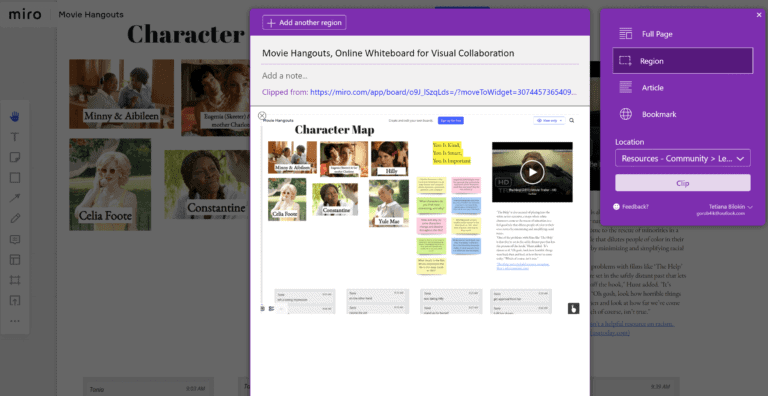Recently, with one of my clients, we discussed what we do on our walks, and I told her that I mostly listen to podcasts. She then asked me to recommend English podcasts for the intermediate level.
I usually listen to podcasts aimed at native speakers, which would be difficult at an intermediate level.
Podcasts for native speakers often use harder words and talk faster, which can be tough for intermediate learners. Podcasts for intermediate learners are designed to be easier to understand. They use simpler language, speak at a slower pace, and focus on teaching. This makes them a better choice for those who are still learning.
So I set out to explore podcasts for English learners and decided to share what I found with you. Below is the list and a few recommendations about podcasts.
Table of Contents
Top Podcasts for Intermediate Speakers
- Listening Time. In each episode, an American speaker talks about different topics without reading a script. He speaks in a natural way, with native words and phrases, but he speaks a little more slowly and clearly than other native speakers. Each episode includes the transcript, which you can use to help you understand the speaker.
- Learning English Broadcast. Learning English programs use a limited vocabulary and short sentences. They are read at a slower pace than Voice of America’s other English broadcasts.
- Thinking in English. A new podcast for Intermediate to Advanced English Learners. Thinking is vital for becoming fluent. We want to assist you in achieving this by discussing various subjects such as politics, economics, philosophy, and science. It introduces new vocabulary before talking about the topic.
Other Top-rated Podcasts for Intermediate Learners
- English for Life in the UK
- One British Man
- The English We Speak (from BBC)
- 6 Minute English
- Easy Stories in English
- Simple English News Daily
- Slow English (Australian)
- Luke’s ENGLISH Podcast
Listen and learn: what you can gain from listening for podcasts?
Podcasts can boost your vocabulary, make it easier for you to understand native speakers, and enhance your listening skills. They will help you become familiar with how words are pronounced naturally. They will also help you understand the patterns of speech and learn about cultural differences. Plus, it’s a great way to train your brain to process spoken information more effectively.
Apps to listen to podcasts
And finally, I recommend using an app to listen to podcasts (instead of listening to them on the website of the podcast).
Here’s why:
- Because you don’t have to remember the website address.
- Because it saves your progress (if you’re interrupted).
- Because you can have more options. For example, you can speed up or slow down the episode.
The most popular free podcast apps
Do you listen to podcasts? If you do, which ones? And if not, why not?
Install Google Podcasts, Apple Podcasts, Pocketcasts, or Spotify on your phone.
Listen to some of the episodes from different podcasts above
Choose the ones that you’re interested in.
You can listen to podcasts even when you take a walk or on your commute.
After each episode, try to write down your takeaways from that episode (most important or interesting things you learned).




